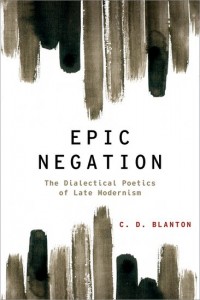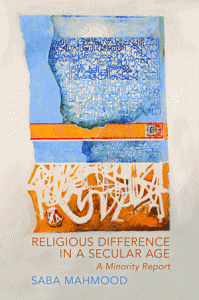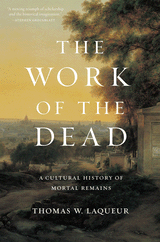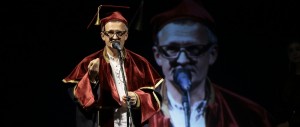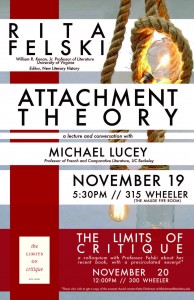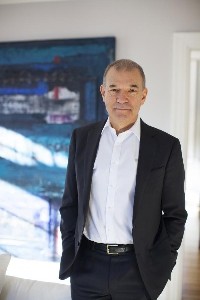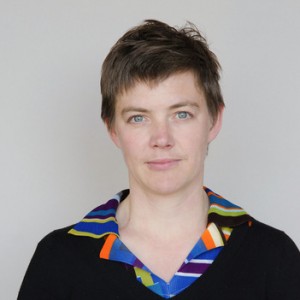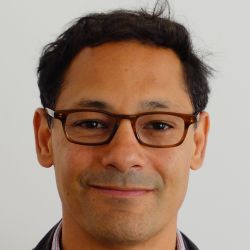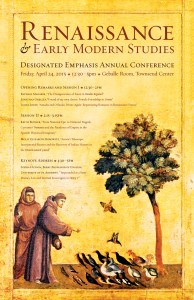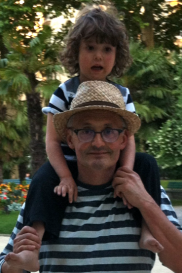David Bates, ed. (with Nima Bassiri), Plasticity and Pathology: On the Formation of the Neural Subject, Fordham University Press and the Townsend Center for the Humanities
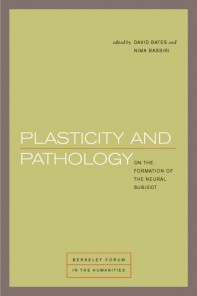 This collection of essays brings together a diverse range of scholars to investigate how the “neural subject” of the twenty-first century came to be. Taking approaches both historical and theoretical, they probe the possibilities and limits of neuroscientific understandings of human experience. Topics include landmark studies in the history of neuroscience, the relationship between neural and technological “pathologies,” and analyses of contemporary concepts of plasticity and pathology in cognitive neuroscience. Central to the volume is a critical examination of the relationship between pathology and plasticity. Because pathology is often the occasion for neural reorganization and adaptation, it exists not in opposition to the brain’s “normal” operation but instead as something intimately connected to our ways of being and understanding.
This collection of essays brings together a diverse range of scholars to investigate how the “neural subject” of the twenty-first century came to be. Taking approaches both historical and theoretical, they probe the possibilities and limits of neuroscientific understandings of human experience. Topics include landmark studies in the history of neuroscience, the relationship between neural and technological “pathologies,” and analyses of contemporary concepts of plasticity and pathology in cognitive neuroscience. Central to the volume is a critical examination of the relationship between pathology and plasticity. Because pathology is often the occasion for neural reorganization and adaptation, it exists not in opposition to the brain’s “normal” operation but instead as something intimately connected to our ways of being and understanding.
Dan Blanton, Epic Negation: The Dialectical Poetics of Late Modernism, Oxford University Press
Jahan Ramazani (University of Virginia): “Intricately studying allusion and intergeneric relations in late modernism, C. D. Blanton’s capacious and deeply thoughtful Epic Negation traces how extrinsic voices, historical forces, and forms snake their way into even seemingly closed poems. With its fusion of sinuous close readings and lively theoretical analysis, Blanton’s book makes a serious contribution to twentieth-century poetry studies.”
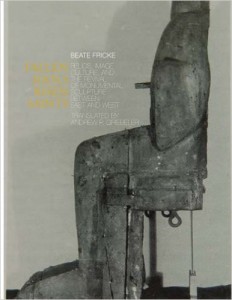 Beate Fricke (English trans. of 2007 book), Fallen Idols, Risen Saints: Sainte Foy of Conques and the Revival of Monumental Sculpture in Medieval Art, Brepols Publishers
Beate Fricke (English trans. of 2007 book), Fallen Idols, Risen Saints: Sainte Foy of Conques and the Revival of Monumental Sculpture in Medieval Art, Brepols Publishers
This book investigates the origins and transformations of medieval image culture and its reflections in theology, hagiography, historiography and art. It deals with a remarkable phenomenon: the fact that, after a period of 500 years of absence, the tenth century sees a revival of monumental sculpture in the Latin West. . . . Drawing on the historical investigation of specific objects and texts between the ninth and the eleventh century, the book outlines an occidental history of image culture, visuality and fiction, claiming that only images possess modes of visualizing what in the discourse of medieval theology can never be addressed and revealed.
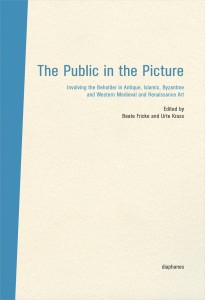
Beate Fricke, ed. (with Urte Krass), The Public in the Picture: Involving the Beholder in Antique, Islamic, Byzantine, Western Medieval and Renaissance Art, University of Chicago Press
The act of including bystanders within the scene of an artwork has marked an important shift in the ways artists addressed the beholder, as well as a significant transformation of the relationship between images and their viewership. In such works, the “public” in the picture could be seen as a mediating between different times, people, and contents.
Steve Justice, Adam Usk’s Secret, University of Pennsylvania Press
Andrew Galloway (Cornell University): “In prose that is 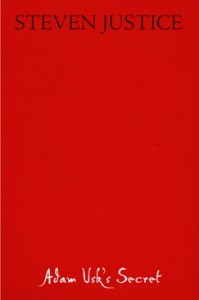 extraordinarily alive both to its subject and to its own suspenseful disclosures, Steven Justice teaches us to read a Latin chronicle as a piece of written craft, and few have sustained that attention this far or this finely. More importantly, Justice assesses and advances major principles of narrative interpretation, concerning how narratives relate to contexts, how rhetorical traditions foster or undermine particular visions of history, and how the discipline of literary analysis maintains a delicate balance between rigorous adherence to its established tenets and wider connections to other questions and explanations—matters that must surely energize discussion among humanities scholars of all periods.”
extraordinarily alive both to its subject and to its own suspenseful disclosures, Steven Justice teaches us to read a Latin chronicle as a piece of written craft, and few have sustained that attention this far or this finely. More importantly, Justice assesses and advances major principles of narrative interpretation, concerning how narratives relate to contexts, how rhetorical traditions foster or undermine particular visions of history, and how the discipline of literary analysis maintains a delicate balance between rigorous adherence to its established tenets and wider connections to other questions and explanations—matters that must surely energize discussion among humanities scholars of all periods.”
Tom Laqueur, The Work of the Dead: A Cultural History of Mortal Remains, Princeton University Press
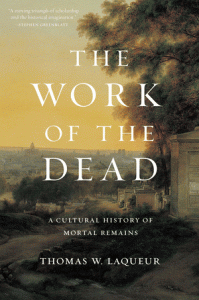 The Greek philosopher Diogenes said that when he died his body should be tossed over the city walls for beasts to scavenge. Why should he or anyone else care what became of his corpse? In The Work of the Dead, acclaimed cultural historian Thomas Laqueur examines why humanity has universally rejected Diogenes’s argument. No culture has been indifferent to mortal remains. Even in our supposedly disenchanted scientific age, the dead body still matters—for individuals, communities, and nations. A remarkably ambitious history, The Work of the Dead offers a compelling and richly detailed account of how and why the living have cared for the dead, from antiquity to the twentieth century.
The Greek philosopher Diogenes said that when he died his body should be tossed over the city walls for beasts to scavenge. Why should he or anyone else care what became of his corpse? In The Work of the Dead, acclaimed cultural historian Thomas Laqueur examines why humanity has universally rejected Diogenes’s argument. No culture has been indifferent to mortal remains. Even in our supposedly disenchanted scientific age, the dead body still matters—for individuals, communities, and nations. A remarkably ambitious history, The Work of the Dead offers a compelling and richly detailed account of how and why the living have cared for the dead, from antiquity to the twentieth century.
Saba Mahmood, Religious Difference in a Secular Age: A Minority Report, Princeton University Press
The plight of religious minorities in the Middle East is often attributed to the failure of secularism to take root in the region. Religious Difference in a Secular Age challenges this assessment by examining four cornerstones of secularism—political and civil equality, minority rights, religious freedom, and the legal separation of private and public domains.
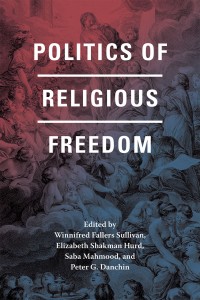 Saba Mahmood, ed. (with Winnifred Fallers Sullivan, Elizabeth Shakman Hurd, and Peter G. Danchin), Politics of Religious Freedom, U of Chicago Press
Saba Mahmood, ed. (with Winnifred Fallers Sullivan, Elizabeth Shakman Hurd, and Peter G. Danchin), Politics of Religious Freedom, U of Chicago Press
Talal Asad (CUNY Graduate Center): “The principle of religious freedom, central to the liberal politics of the modern world, is increasingly becoming an object of critical reflection. This collection, edited by four distinguished scholars, is a welcome contribution to this important topic. I have learnt something from each of these thoughtful essays. Everyone interested in recent debates on secularism will benefit from reading them.”

